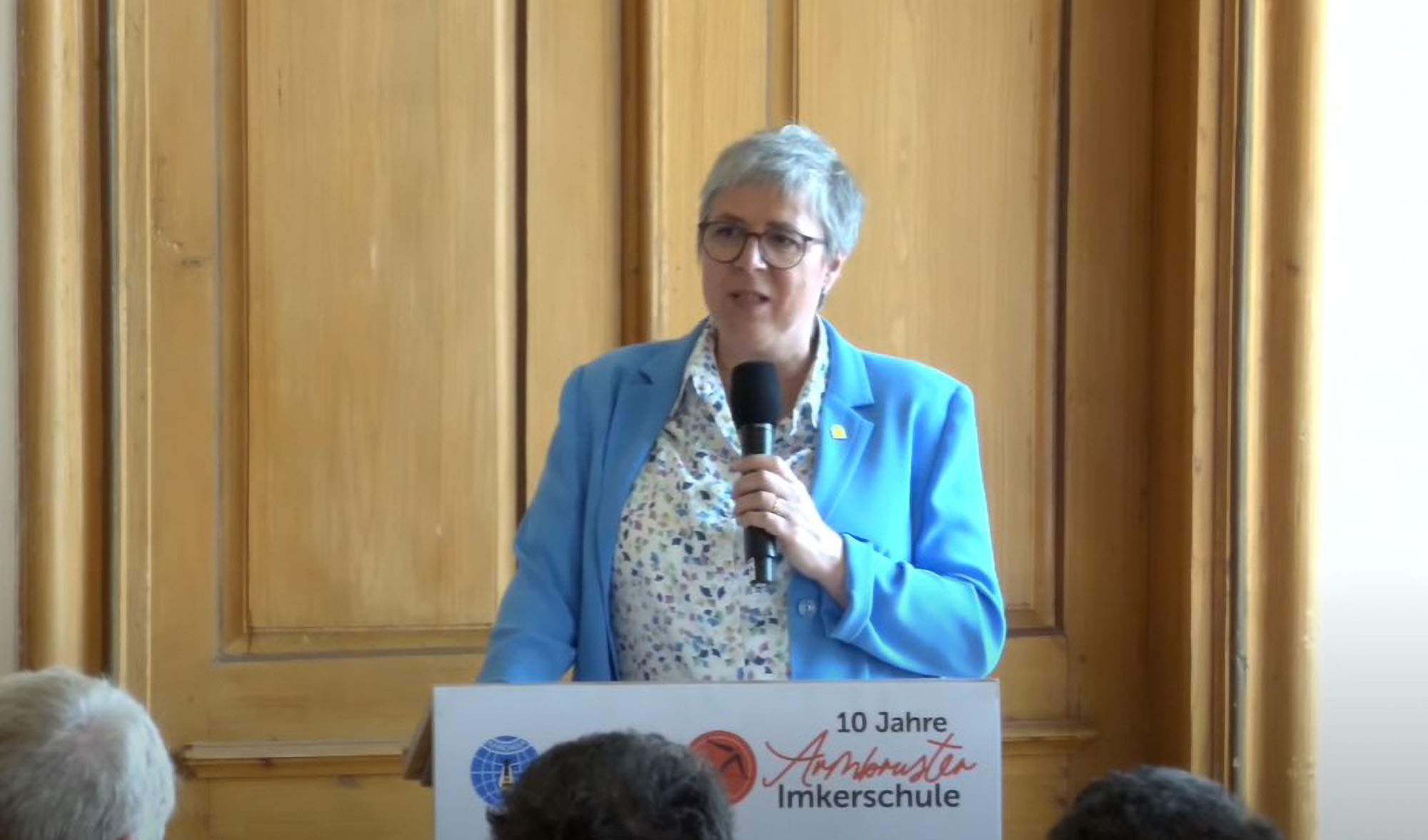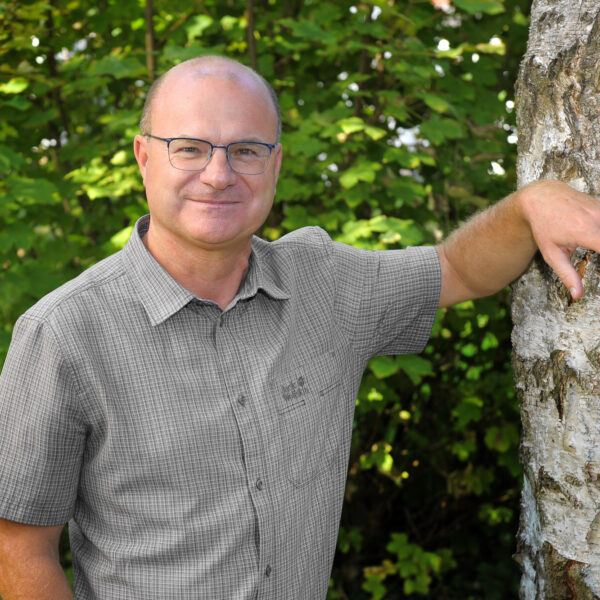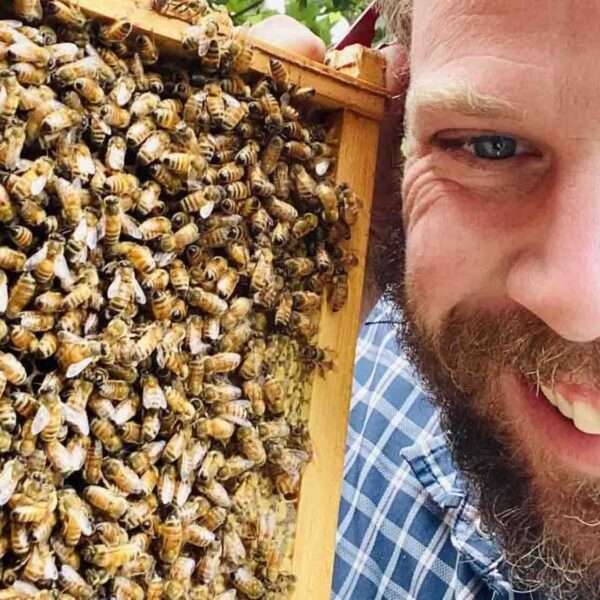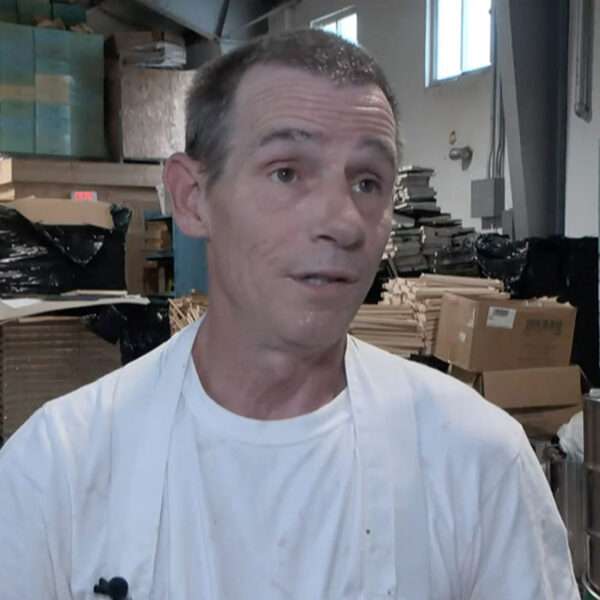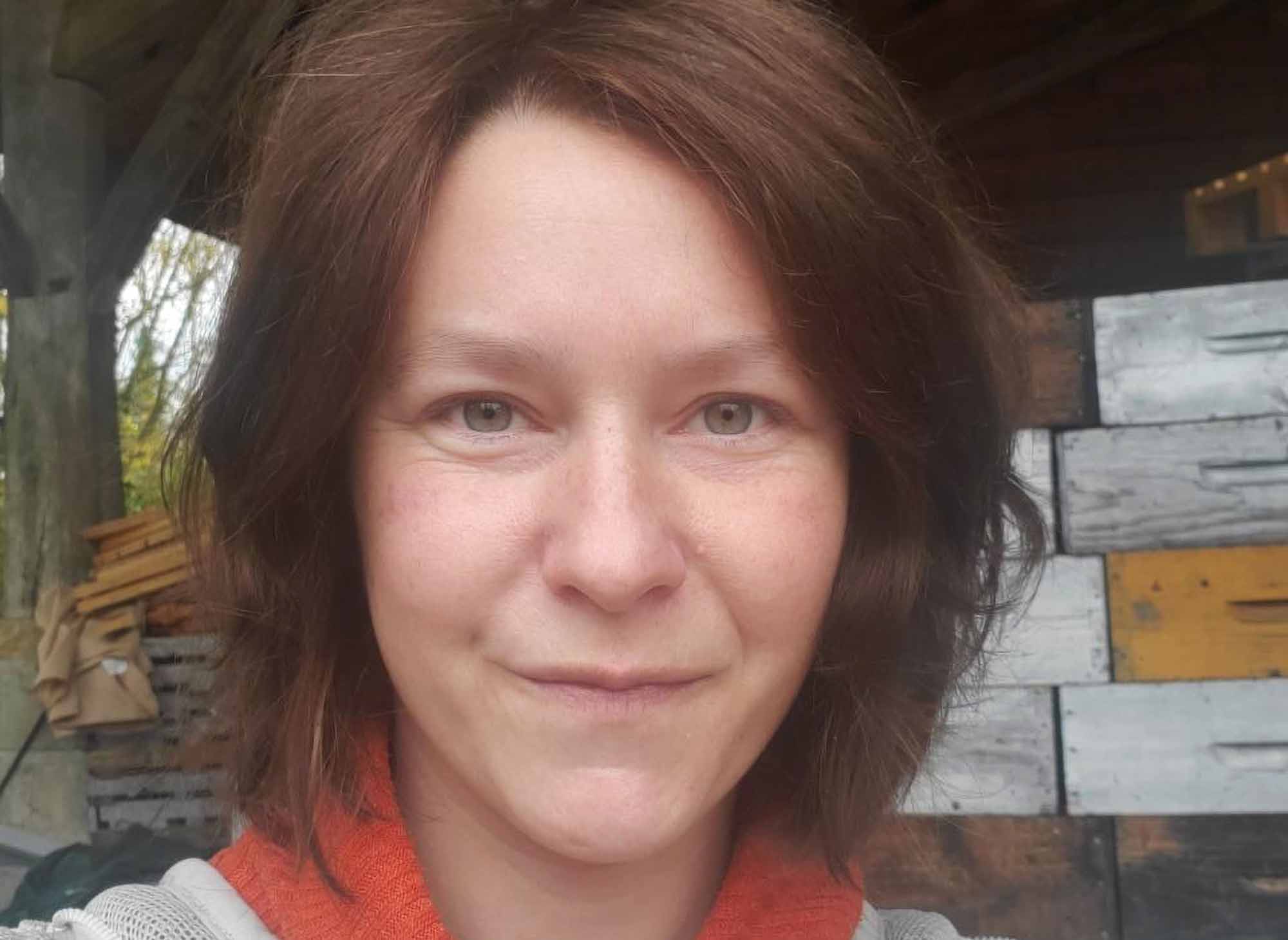A German beekeeper has claimed the planned changes to the EU’s strict genetic regulations will make it impossible for customers to determine if their food is free from any genomic modulations.
Annette Seehaus-Arnold runs the Lauertaler Organic Apiary in Burglauer, Bavaria.
Referring to a controversial proposal by the European Commission (EC), Annette asked: “How are beekeepers supposed to produce genetically unmodified honey if they don’t know whether there are any genetically altered crops in their vicinity?”
Annette, who heads the Union of Professional Beekeepers in Germany, explained: “Anyone running an organic honey farm will also be obliged in the future to produce genetically unmodified honey. This could be made impossible.”
Western honeybees and the various solitary bee species that exist around the world play a big part in biodiversity but also food production by pollinating plants and flowers.
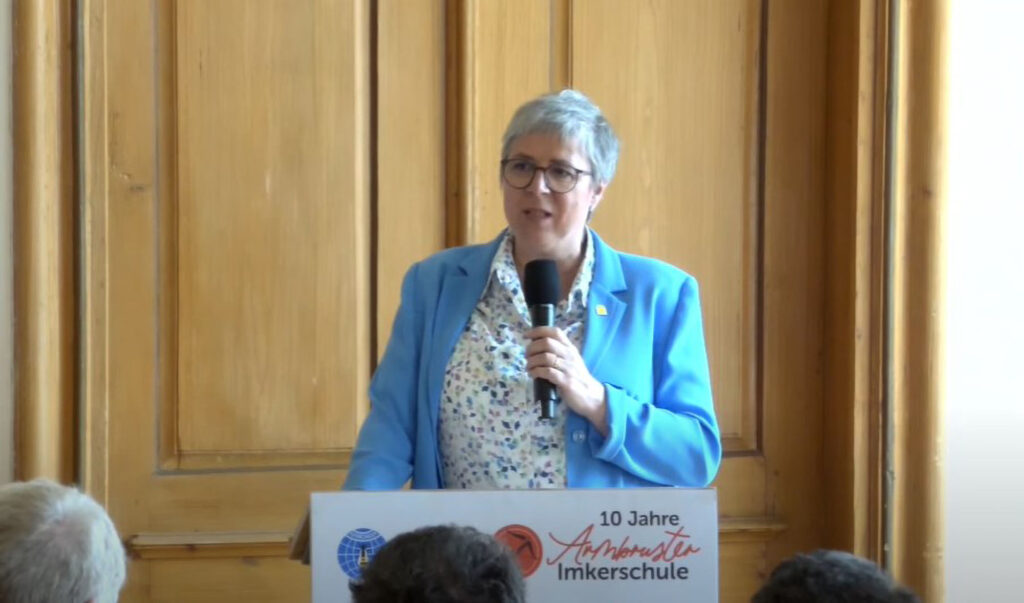
Annette’s appeal comes as the EC adopted a proposal for a new regulation on plants produced by certain new genomic techniques.
The EC claimed that its proposal, which was made public in July, aims to maintain “a high level of protection of health and the environment.”
Officials argued they were focusing on “steering developments towards contribution to sustainability goals in a wide range of plant species.”
Critics have dismissed the EC‘s promise to create “an enabling environment for research and innovation.”
Annette warned that, if the legislation comes into effect, agricultural enterprises must not label their genetically modified crops.
Bernd Rodekohr is a project leader at the Aurelia Foundation, a Berlin-headquartered organisation which champions bee-friendly environments.
Bernd said: “The potentially upcoming release of a large number of unchecked genetically modified plants with new characteristics as planned by the European Commission would mean an incalculable risk for bees and other insects.”
The Aurelia Foundation has launched a petition against the planned legislation. The organisation criticises the activities of “influential agricultural business lobbyists” in favour of the disputed regulation.
An overwhelming majority of people in Germany say that any genetically altered products must be labelled as such when they are on offer at supermarket shelves.
Manuel Wiemann, who works for consumer protection watchdog Forsa, said 92 per cent of interviewees had expressed this point of view in a recent research by pollsters Forsa.
The survey also found that 96 per cent of consumers want any genetically modified plants to undergo a comprehensive safety check before being processed.
There are more than 149,000 beekeepers in Germany, according to the Centre for Bees and Beekeeping in Mayen, Rhineland-Palatinate. Last year, they were in charge of 990,000 colonies.
Germany is one of the leading production locations for honey in Europe. However, the country’s few full-time and numerous leisure apiarists cannot fulfil the enormous consumer demand.
This is why a considerable part of the honey on sale across Germany originates from other EU states but also non-EU locations like Turkey and Mexico.

